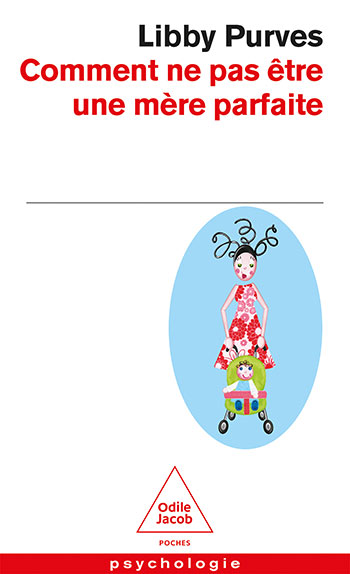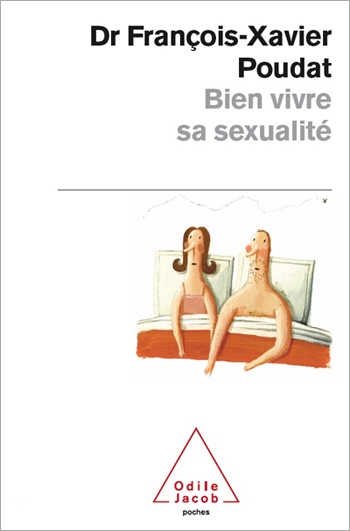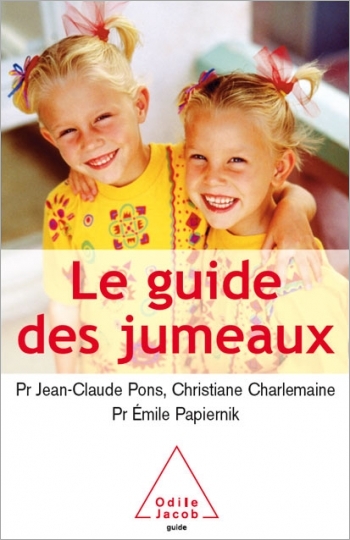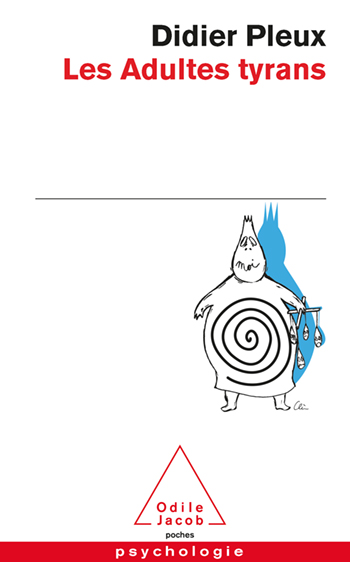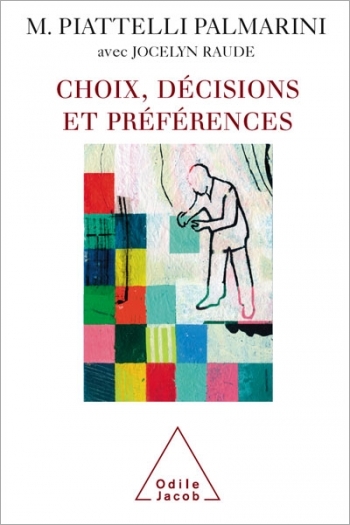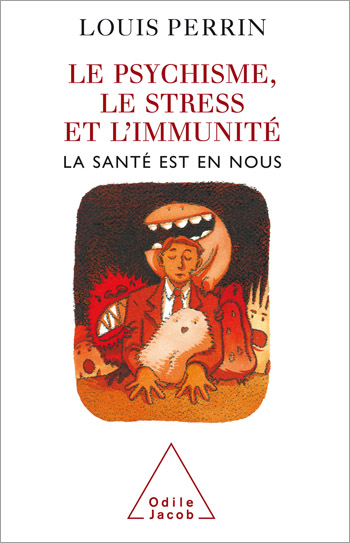General Psychology All books

Libby Purves
How Not to be a Perfect Mother
Are you one of those perfect mothers or are you a real mother? Perfect mothers always smile, always have immaculate homes, never raise their voices....

Libby Purves
How Not to Be a Perfect Mother
Are you a perfect mother or a real mother? Perfect mothers are forever smiling, their homes are immaculate, and they never raise their voices.

Libby Purves
How Not to be a Perfect Family
Perfect families, as we know, live in perfectly kept houses, have admirably well-organized vacations...
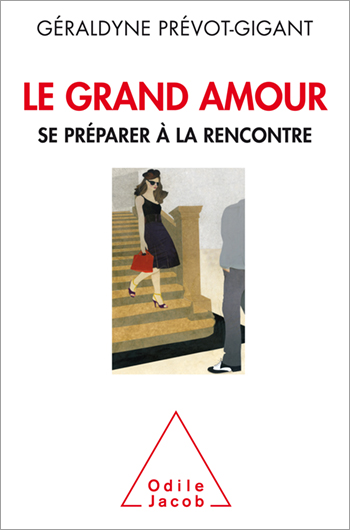
Géraldyne Prévot-Gigant
How to Find Love Preparing to Meet Someone New
Know yourself — and take a step toward a happier love life

Géraldyne Prévot-Gigant
The powers of hope
Hope, among the values of positive psychology, is fundamental. It is an indication of mental well-being. A profound reflection on hope presented in a very pedagogical style.
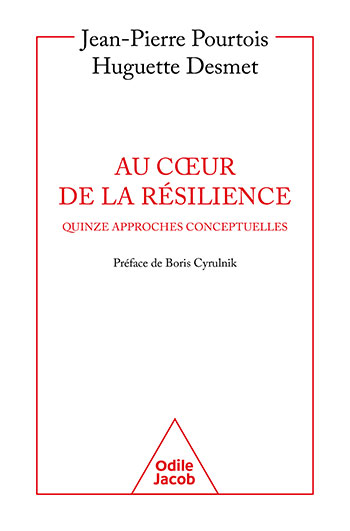
Jean-Pierre Pourtois, Huguette Desmet
At the Heart of Resilience
A reference text for mental health and education professionals, and theoretical and practical resources to help people as they recover.

Barbara Polla
All Man
After giving women a chance to speak out, Barbara Polla now tells us men’s secrets

Barbara Polla
Women Who Break The Mould A book about women for women
A gallery of emblematic portraits of mould-breaking women, among them one of the great explorer Alexandra David-Néel whose motto was "Go where your heart takes you and follow your eyes." A campaigning work that will allow every one of us to break free of our shackles and to each make our contribution, as best we can, to a more open, more harmonious and more loving society.
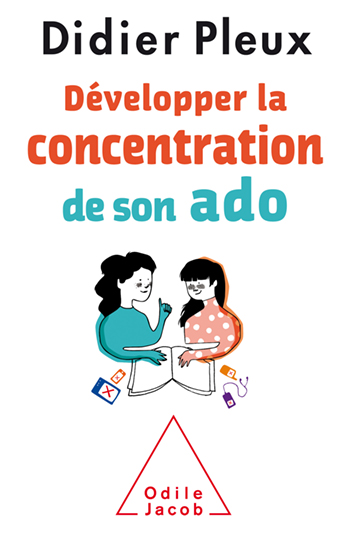
Didier Pleux
Developing Your Teen’s Concentration
Concrete advice to help adolescents concentrate. A book that addresses adolescents directly.
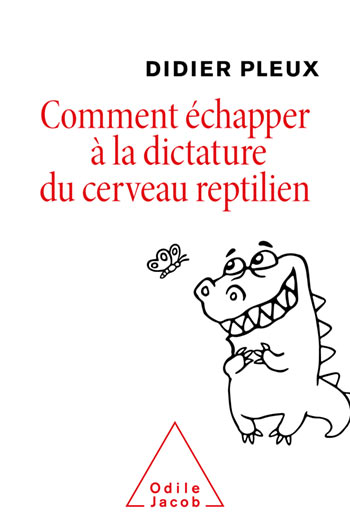
Didier Pleux
How to Escape the Dictatorship of a Reptilian Brain
As victims of the pleasure principle and of immediate gratification, how can we overcome our reptilian brain? By relearning how to wait and to think.
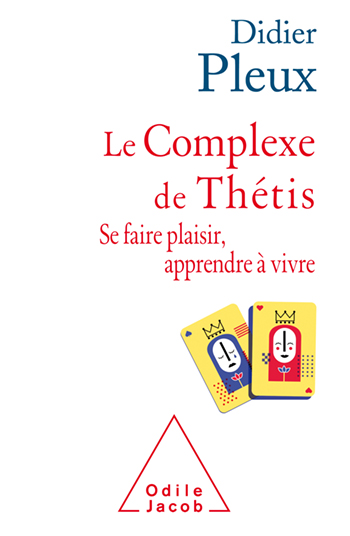
Didier Pleux
The Thetis Complex To enjoy or not to enjoy life; finding the right balance
The Thetis complex, or the increasingly widespread difficulty in finding a good balance between the quite natural desire to enjoy life, and the acceptance that everything cannot be lived according to one’s desires.
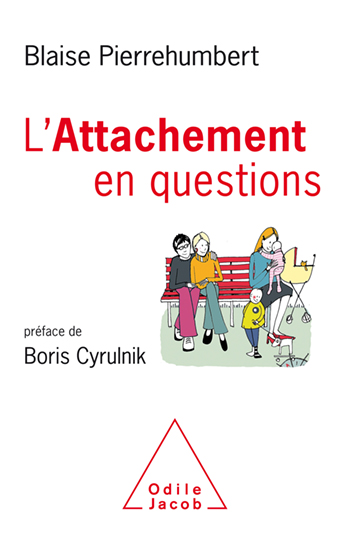
Blaise Pierrehumbert
Attachment in 26 Questions foreword to Boris Cyrulnik
A book for the general reader to learn everything about attachment and understand its repercussions in our daily lives or in those of our children.
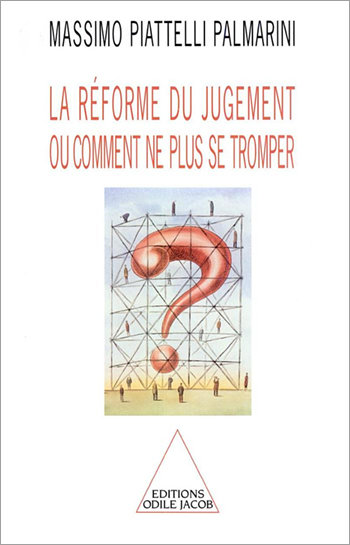
Massimo Piattelli Palmarini
Retraining Judgement How to avoid fooling yourself
How can we reason more effectively ? Everyday, we solve countless problems and take decisions by trusting our intuition, our common sense. Often, it is not only our passions, our emotions that lead us astray, it is the mind itself which tricks us, without us even being aware of it. How can we avoid these traps ? By driving out into the open, with the help of Massimo Piattelli Palmarini, the natural illusions and unconscious mechanisms which occupy our minds, and by working to help our judgement in the same way as psychoanalysis works to improve our emotional lives.
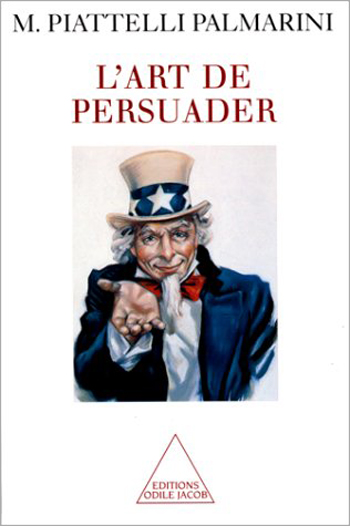
Massimo Piattelli Palmarini
The Art of Persuasion
In love as in politics, in history as in everyday life knowing how to persuade people is a valuable skill. How can one person convince another to renounce his or her opinion, freely and willingly, without appealing to authority, pity or trust? What essential rules must one follow, and what psychological motives must one play on in order to produce this effect ? Using the most recent discoveries in psychology and reasoning as a starting point Massimo Piattelli Palmarini show us how to anticipate the motivation and mental paths of others and so to be even more persuasive. Massimo Piattelli Palmarini is the head of the Department of Cognitive Sciences at the Instituto San Raffaele, in Milan.

Willy Pasini
What use do couples serve ?
What use do couples serve? How can a solid couple be distinguished from a fragile one? Is 'living together' preferable to marriage? How can a healthy balance be maintained between intimacy and autonomy? How can passion be made to last? Can shaky bonds be salvaged? When should a therapist be consulted and how can the most suitable therapy for a specific case be chosen? At a time when the couple as a unit is undergoing a severe crisis, this book demonstrates that if every love story carries with it a risk, happiness within the couple is nevertheless possible. Willy Pasini is the founder of the European Federation of Sexology. He teaches psychiatry and medical psychology at the University of Geneva.

Willy Pasini
Jealousy
The sexual revolution of the 1960s undermined fidelity as well as jealousy, both of which were regarded as out-dated bourgeois concepts. Since then, jealousy has become unacceptable - something that should be hidden because it is somehow shameful. But what if jealousy were intrinsic to human nature, asks Willy Pasini. What if it were an essential part of all of us - a disease that some of us develop while others remain healthy carriers? If jealousy concerns all of us, argues Pasini, we must accept its reality, learn not to be afraid of it and put an end to our feelings of shame and embarrassment. That is the first step. The second step consists in trying to educate our feelings of jealousy, instead of denying them. We can do this by playing with allusions and illusions, with the extraordinary - and forgotten - power of flirtation, with the lightness of being. Here is a book that should help turn jealousy into a positive factor - and even into an aphrodisiac. A psychiatrist and sexologist, Willy Pasini is the author of many best-selling books, including À quoi sert le couple? and Les Nouveau Comportements sexuels, both published by Editions Odile Jacob.


